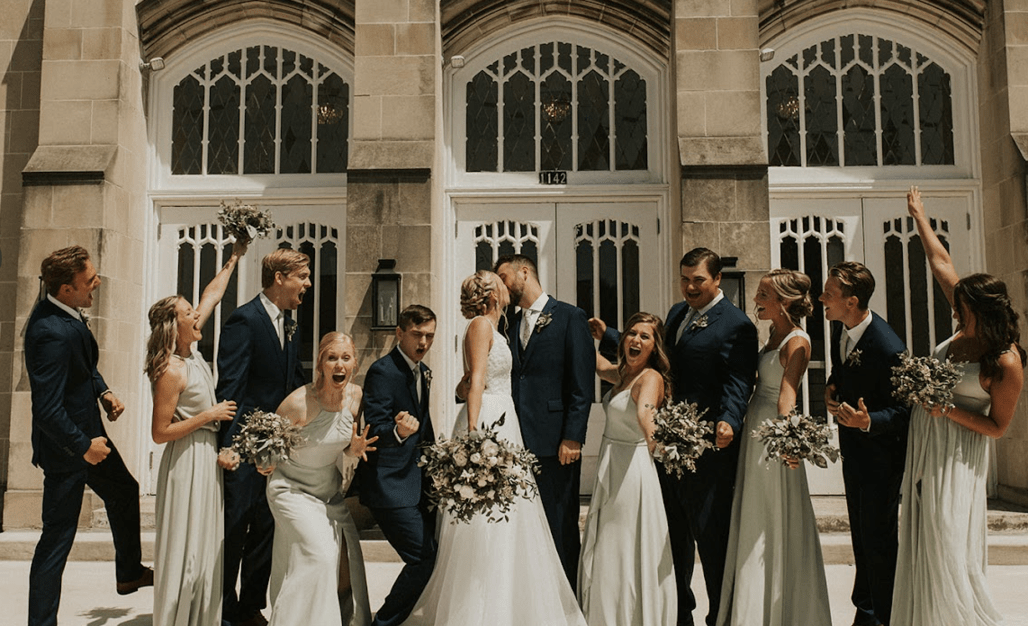Let’s talk about that venue contract you downloaded and modified. You know, the one where you changed the venue name and maybe tweaked a few numbers. It might look legitimate, but here’s why it’s probably leaving you exposed.
Real Stories, Real Losses
A Georgia venue recently learned this lesson the hard way. Their contract, borrowed from another venue, specified “no sparklers” but didn’t address sky lanterns. Result? $50,000 in fire damage that their insurance initially refused to cover because their contract didn’t explicitly prohibit aerial fire hazards.
Where Generic Contracts Fail
Alcohol Liability
Generic contracts often include basic alcohol policies. But does yours specify:
- Required certification levels for bartenders?
- Specific blood alcohol monitoring procedures?
- Clear chain of responsibility for cut-off decisions?
- Explicit requirements for security personnel ratios?
- Detailed documentation requirements for incidents?
Weather Provisions
That force majeure clause you copied? It probably doesn’t:
- Define specific weather conditions that trigger postponement
- Include air quality indices for outdoor events
- Specify timeline requirements for weather-related decisions
- Address partial weather impacts
- Cover modern climate challenges
Vendor Management
Most downloaded contracts have basic vendor requirements. But they miss:
- Specific insurance requirements by vendor type
- Load-in/load-out damage accountability
- Power usage and circuit allocation requirements
- Breakdown timing enforcement
- Consequences for vendor policy violations
Modern Challenges
Generic contracts rarely address:
- Drone photography restrictions and requirements
- Social media broadcasting rights
- Live streaming permissions
- Photo location damage liability
- Guest content creation policies
The Hidden Costs of Weak Contracts
Here’s what an inadequate contract really costs:
- Higher insurance premiums
- More time spent resolving disputes
- Increased liability exposure
- Harder to defend in court
- Lost revenue from unclear policies
Building Real Protection
A properly crafted contract should:
- Match your actual operations
- Reflect your real setup/breakdown times
- Address your specific property layout
- Cover your unique amenities
- Protect your particular vulnerabilities
- Align with local requirements
- City noise ordinances
- County alcohol regulations
- Local fire codes
- Regional weather considerations
- State liability laws
- Support your business model
- Protect your revenue streams
- Enable safe upselling
- Define cancellation terms that work
- Allow for business evolution
Investment vs. Cost
Consider these numbers:
- Average cost of contract litigation: $50,000+
- Typical liability claim: $100,000+
- Lost revenue from unclear policies: $10,000+ annually
- Cost of proper contract development: Far less than any of these
Beyond the Basics
A thoughtful contract isn’t just about protection – it’s about enabling your business to:
- Say yes to unique requests safely
- Adapt to new trends confidently
- Grow without increased risk
- Handle problems efficiently
- Build better vendor relationships
Getting It Right
Your contract should be:
- Reviewed by your attorney
- Approved by your insurance provider
- Checked against local regulations
- Tested against real scenarios
- Updated regularly
Take Action Now
Ask yourself:
- Can your contract handle a wedding trend you’ve never seen?
- Does it protect you from problems you haven’t had yet?
- Will it support your venue’s growth?
- Could it stand up in court?
If you’re not 100% sure about any of these, it’s time for a change.










